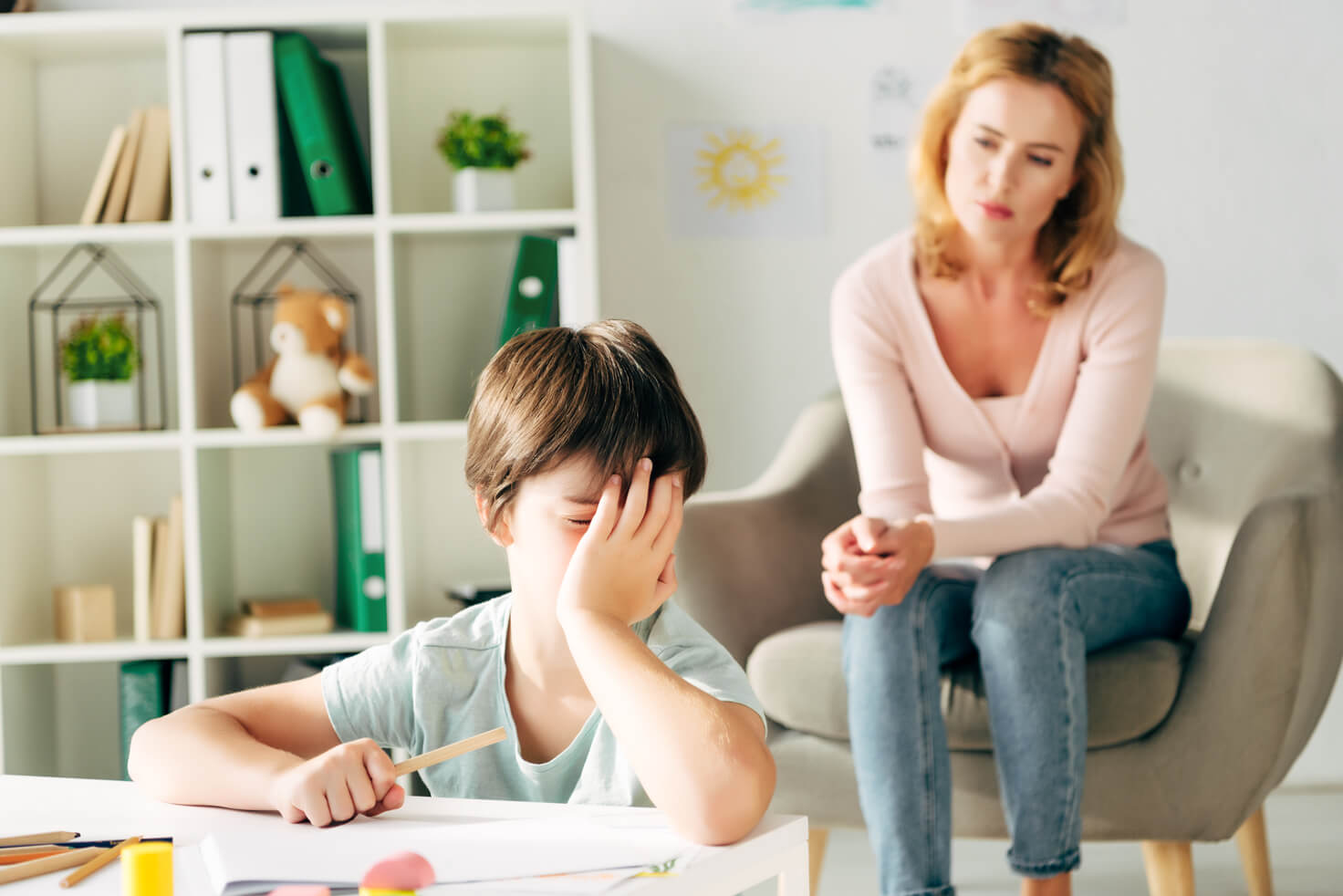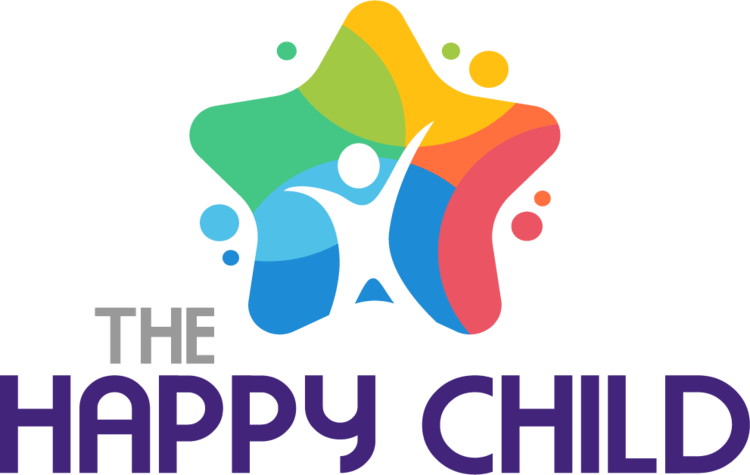How to Respond when your Child or Partner is Upset
Positive parenting leads to positive futures for generations to come.
American SPCC provides parenting education and support as the most effective way to support families and nurture children.
The following resources are made possible through contributions by child and family advocates like you.


How should you respond?
Research shows the most critical interactions we have with our loved ones are when they’re upset. An adult’s reactions during these situations have the opportunity to build up or break down these bonds.
Forging deep bonds with a child is not only important for having a meaningful relationship, but also for helping children develop positive and healthy skills as they get older.
Next time your child or loved one is upset, consider one or more of these strategies, offered through The Happy Child App and the Human Improvement Project.
RULES FOR WHEN YOUR CHILD OR PARTNER IS UPSET
- Notice and show you care – “You ok? You seem a little down. Anything you want to
talk about?” - No minimizing the situation – “this isn’t a big deal”
- No minimizing their emotions – “You are over-reacting, this isn’t worth getting upset about.”
- No correcting their emotions – “You should be mad not sad!”
- Validate their feelings – “I can see why you would feel frustrated by…I would be too!”
- Help them unpack their feelings by inquiring about 3-5 emotions using emotion list
– “Are you feeling frustrated because…?”, “It must be so overwhelming to see…, is it?” - No problem solving. If you have an idea, after the entire conversation is over you can
say something like “I have an idea on how to fix XYZ, let me know later if you want to talk
about it”. In other words, give them an easy out to NOT asking you for advice. - No siding with the enemy. Try to find at least some small way of being on their side.
If you can’t, don’t comment and just listening quietly. - No cheering them up. That leaves the experience unprocessed which will continue to
cause problems for them. - Don’t say or imply “Look at the bright side”/”Count your blessings”/”It’s going to be fine”
It will probably be fine but that isn’t the point. The point is to help them process their
hurtful experience. - Don’t say or imply “Others have it worse” – “This is nothing compared to ….”
- Don’t criticize – “Why did you say …?”)
- No switching the conversation over to another topic or to yourself. Keep the focus
on their issues and feelings. It’s ok for the sharer to switch the subject. - Don’t get defensive. It isn’t about you. Let slights go. Just listen.
- Don’t ask leading questions that imply a solution like “Why didn’t you just walk away
at that point?” - Give them Oxytocin (e.g. hugs, pat on the back, fix a collar, squeeze their hand/shoulder)
Emotion List


This resource and more available through partnership with
The Happy Child Parenting App
Resources like these are provided by American SPCC – a national nonprofit dedicated to building positive childhoods for all children by empowering parents and caregivers with research-backed education and support.
This work is made possible by passionate donors and community advocates. Learn how you can get involved and support the mission here.
Our Lessons are available for Offline learning!
Previous Section
